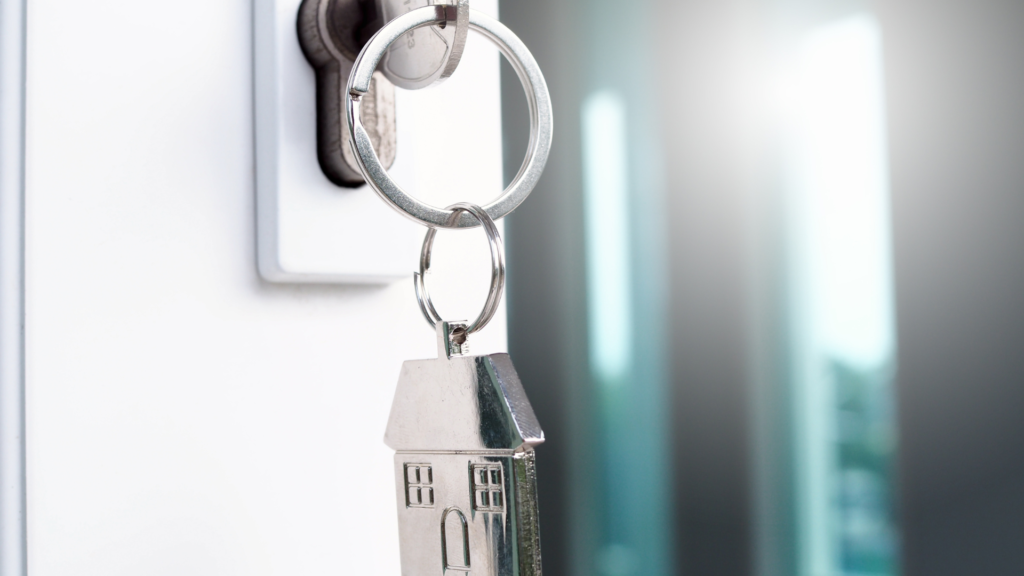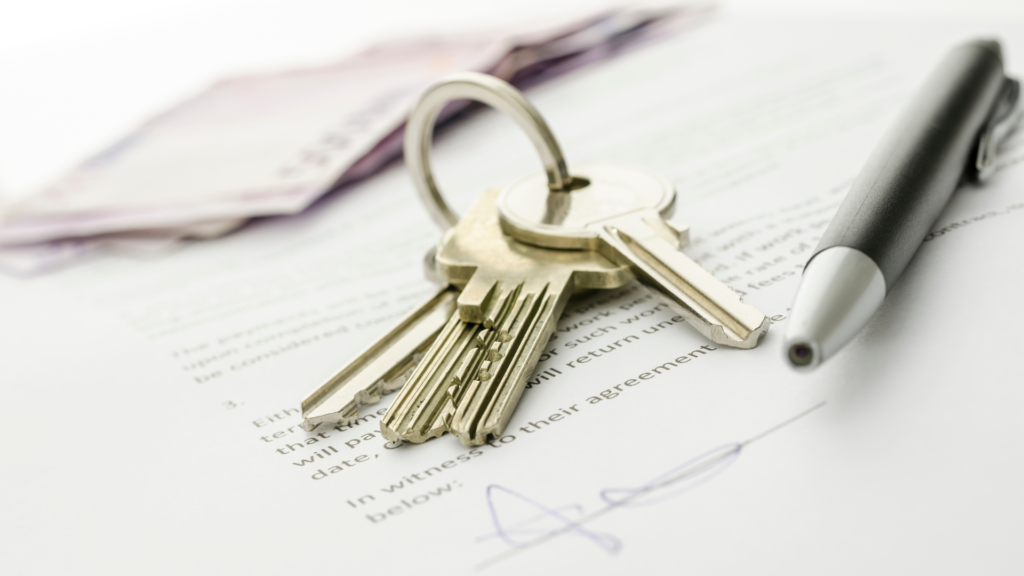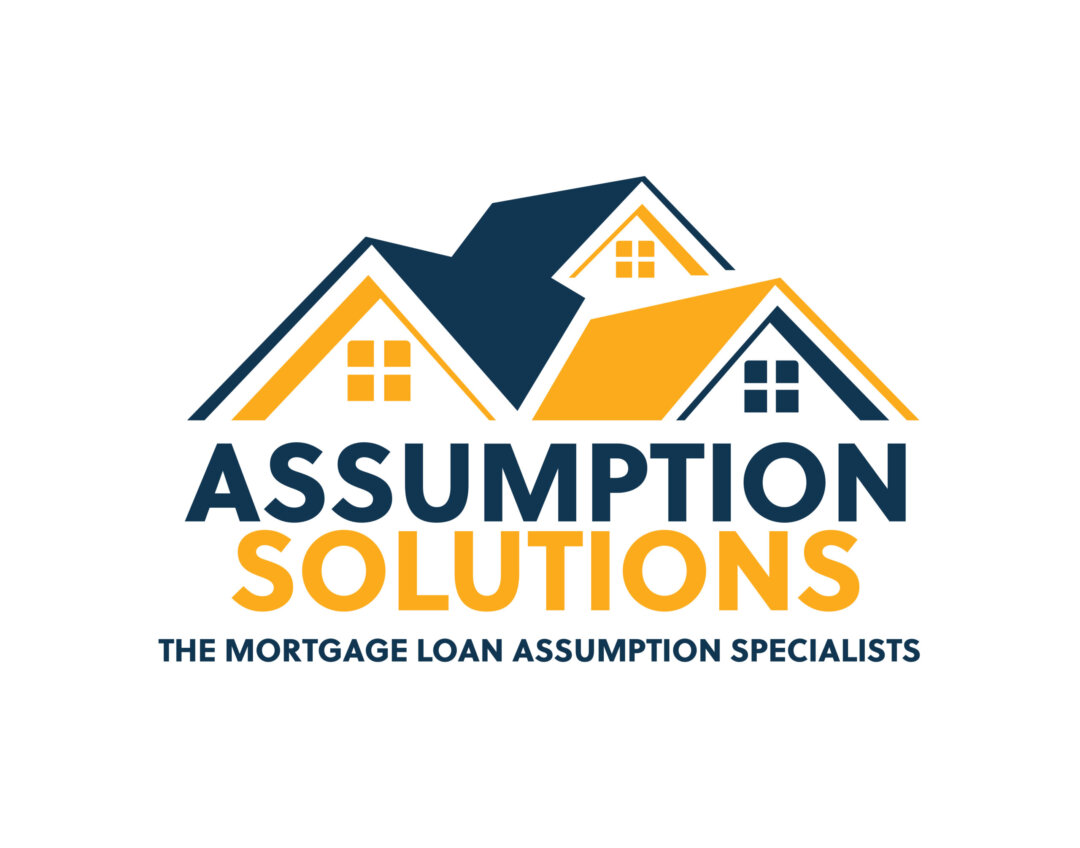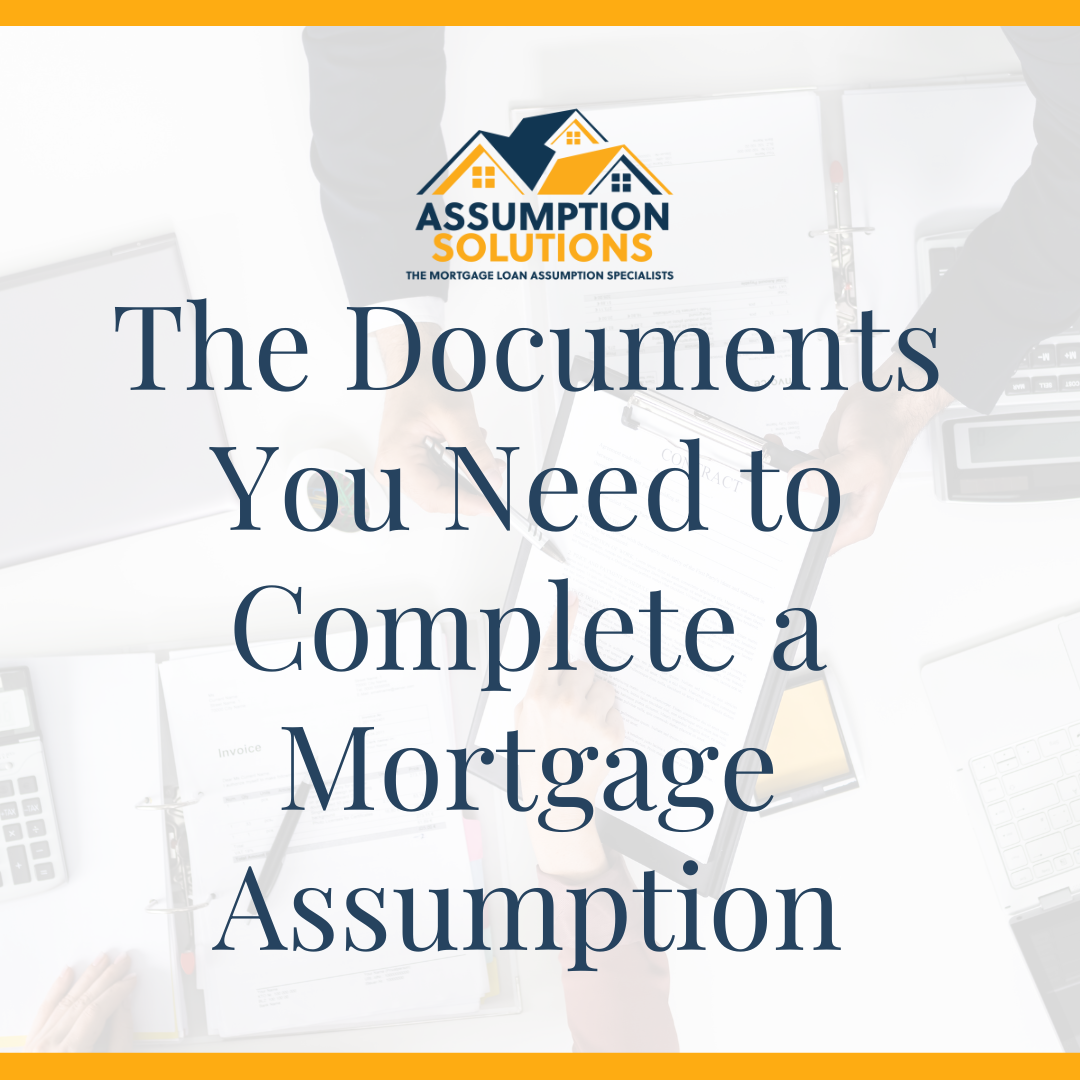Federal Housing Administration or an FHA mortgage has become a significant boon in today’s hyper-expensive housing market. They’re one of the few assumable loan types on the market now, which makes homes with FHA loans highly sought by buyers. If you qualify, an FHA assumable mortgage provides an affordable borrowing option to break through the stranglehold of high home costs.
At Assumption Solutions, we can help buyers like you better understand FHA assumable mortgages and how they work. In this article, we’ll deeply explain FHA loans, examine their qualification standards, discuss why they’re so popular, and help you through the qualification process. If you’re a first-time buyer, these loans are particularly critical to understand.

FHA Loans Explained, In Brief
Buyers interested in the assumption of an FHA loan should know what they’re getting into before applying. Put simply, an FHA loan is a mortgage provided by private lenders that the Federal Housing Administration insures. This agency focuses on loans for single-family and multi-family properties to help people who can’t afford traditional mortgages purchase a home.
Only people with low to moderate incomes can typically qualify for an FHA loan. Furthermore, they ask for a debt-to-income ratio of at least 50% from all buyers. So, if you owe $1,000 every month in bills but make $4,000, your debt-to-income ratio would be 25%. But if you owed $1,100 and made only $2,000 a month, it would be 55% or too high to qualify for one.
Other FHA Loan Considerations
Before taking out an FHA mortgage, you must know about mortgage insurance premiums or MIP payments. These recurring annual charges last for the life of your loan and include a percentage of your loan value. This drives up your price, but there are options to negate it. If you pay at least 10% of the home’s value, they cancel after the first 11 years.
Furthermore, mortgage limits vary based on many factors. For instance, the dwelling size, regional cost of living, interest rates, and other expenses can significantly impact your terms. Thankfully, our team of experts can help you understand these various concerns and ensure that you assume an FHA loan successfully. But what does assumption even mean?
FHA Mortgages Are Assumable: What That Means
Assuming a home loan means precisely what the term suggests: you take over that mortgage directly from the seller. In layperson terms, you won’t apply for a new loan and go through all those steps with the seller. Instead, you just take over the existing one and receive all the benefits – and drawbacks – of that loan, such as its interest rates and payment terms.
Once, most mortgages and loans were assumable, but lenders have severely limited this option in recent years. Only government-backed mortgages (such as those distributed by the FHA or VA) can be assumed. This rule has a few exceptions (some jumbo loans may be assumed), but they’re so rare that it’s best to assume that only FHA and VA loans qualify.

Are All FHA Loans Assumable?
Yes, all FHA loans are assumable because the government backs them. Strict guidelines require all federal mortgages to be assumable as long as the lender approves it. All FHA mortgages originated before December 1, 1986, and have no restrictions on assumption. However, the HUD Reform Act of 1989 changed buyers’ guidelines before buying.
Now, any FHA mortgages originating on or after December 15, 1989 (probably most, if not all, in existence at this point) require lender approval and the transfer of responsibility to the buyer while releasing liability from the seller. This act also created the credit and down payment guidelines as are necessary for assumption, ensuring uniformity in this critical home lending process.
Liability Release: Important for Sellers
Sellers transferring an FHA mortgage through assumption must complete a HUD-92210 form to move liability to the home buyer. While finishing this form doesn’t formally release liability, it begins the process. Only the mortgage lender can release liability. This step is important because it ensures the seller isn’t liable for any problems after the sale.
Why People Prefer Assuming FHA Loans Over Traditional Loans
While assuming an FHA mortgage isn’t as common as originating a new loan, it is highly sought-after by many first-time home buyers or even people simply looking for a better house. Successfully assuming an FHA mortgage provides many great benefits that make it worth the effort. Just a few reasons why this process is so popular with buyers and sellers include:
- Easier Qualifying Terms: It’s often hard for people from low- to moderate-income houses to qualify for new home loans. FHA loans are easier to get, but assuming one requires that you meet guidelines. Don’t worry; we’ll discuss them in more depth below.
- Fairer Interest Rates: As mentioned previously, FHA mortgages are federally insured. As a result, they often come with a far fairer interest rate than other loan types. If you’re looking at 7.5% or higher interest rates, assuming an FHA (could) get you a lower rate.
- Better Closing Costs: Often, FHA-assumed mortgages come with lower closing costs that you can use. For example, you can use that leverage to negotiate lower transfer costs. Note that only closing costs will likely decrease, not the house’s price.
- Faster Transfer: There’s always a lot of waiting to slow up home sales, but assumed mortgages speed everything up. You won’t have to wait for a lender to approve a completely new loan; you can just take over an existing one instead.
Note that the FHA mortgage assumption does have some downsides. Besides being relatively harder to find than just creating a new mortgage, they also don’t cover any price not paid by the initial mortgage. So, if a home is worth $200,000 but the assumed mortgage only covers $150,000, guess who makes up the difference? You, of course. That extra money comes on top of the down payment, meaning you may need a second loan to assume a mortgage.
That problem doesn’t occur all that often with FHA mortgage assumptions. However, our team at Assumption Solutions thinks it’s important for our clients to know the good and bad parts of this process. In this way, you can make an intelligent buying decision. Transparency also builds trust and shows that our loan assumption team in Colorado Springs has your back.

Qualifying for FHA Loan Assumption
Like any mortgage, FHA assumed loans have specific qualification standards you must meet. Thankfully, they’re much less stringent than traditional types, which is why they appeal to buyers. If you’ve found a home with an FHA loan you want to assume, read through these standards to ensure you aren’t wasting time trying out this process. You can always reach out to us or even take our mortgage assumption classes to learn even more.
Credit Score Qualifications: Very Forgiving
Many first-time homebuyers love FHA loans because their credit qualifications are so relaxed. Since these mortgages are federally distributed and insured, they’re far more forgiving, particularly with credit score qualifications. All you need is a credit score of 580 or above to borrow up to 96.5% of the home’s total value! Naturally, you want to assume a loan like that.
What if your credit score is below 580? FHA loans are available for people with credit scores between 500 and 579. However, you can only borrow up to 90% of the home’s purchase price for the loan. That’s still a solid amount! Meeting this credit threshold doesn’t necessarily guarantee an assumption because you still need to make a downpayment.
Minimal Down Payments: Lower Than General Mortgages
Here’s the million-dollar question: how much down payment must you meet to assume an FHA loan? It varies depending on your credit score. People with a rating of 580 or better owe just 3.5% of the home’s value. So, if your house is worth $200,000, your minimum pay would be $7,000. You’re always welcome to pay more if you want to decrease your monthly payments.
Okay, so what happens if your credit score dips even one point below 580? Your minimum downpayment jumps to 10% of the home value. So, again, if your home is worth $200,000 and you have a credit score of 579 or lower, you must pay at least $20,000 to qualify for an FHA mortgage assumption. That’s a $13,000 difference: get that credit score up!

How to Assume an FHA Loan
Now that you understand FHA mortgages pretty well, it’s time to start applying! Don’t break into a sweat thinking about this process because Assumption Solutions is here to help! Look through the step-by-step process required when applying for an assumed loan. Honestly, it’s not too different from a standard mortgage— we’re here to make it even simpler. You’ll:
- Shop Around: Finding a home with an FHA loan requires you to do a little research. Check the home listings in your area and highlight any that mention an FHA loan. Contact the real estate agent to learn more if they’re a bit cagey about the loan type.
- Talk with the Seller: Don’t assume that a homeowner with an FHA loan will automatically want to use an assumption to sell. While sellers benefit from the FHA loan assumption, they may balk at it. Chat with them to determine what’s holding them back.
- Know What You’re Getting Into: Once the seller agrees to an assumption, read through the loan terms. Consider the interest rate, remaining balance, and duration. Sometimes, an assumption may not be in your favor—we can help you figure it out!
- Pre-Qualify for Assumption: Pre-qualification helps streamline the assumption process by reducing your waiting time. It doesn’t ensure that you’ll get the loan, but it at least helps speed up the process to minimize long waiting times that may turn off buyers.
- Wait for Approval: After completing all your paperwork (we can help you and your real estate agent with that step), it’s time to play the waiting game. Expect at least a few days or even weeks as the lender considers your case. It’s frustrating but unavoidable.
- Finalize the Deal: If you’re approved (congratulations!), you will then agree to the sale terms, sign an assumption agreement, pay any associated costs, and transfer the property to your name. We’ll be there every step of the way to help you out!
Assumption Solutions Are Here to Help You!
If you have more questions about assumable loans or need someone who can work you through this process step-by-step, call Assumption Solutions at (719) 527-3380 to learn more! Our team of lending professionals has worked with assumable mortgages for years and can help Colorado Springs, Colorado, residents get the support they need. Use our contact form to set up an appointment, and we’ll get your foot in the door with an FHA assumable mortgage!




